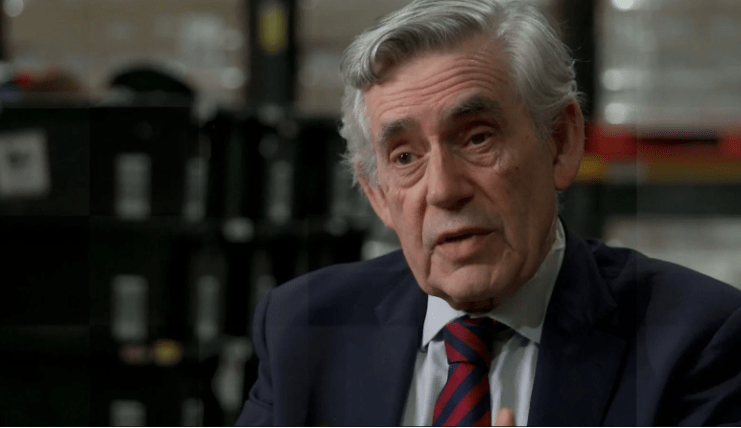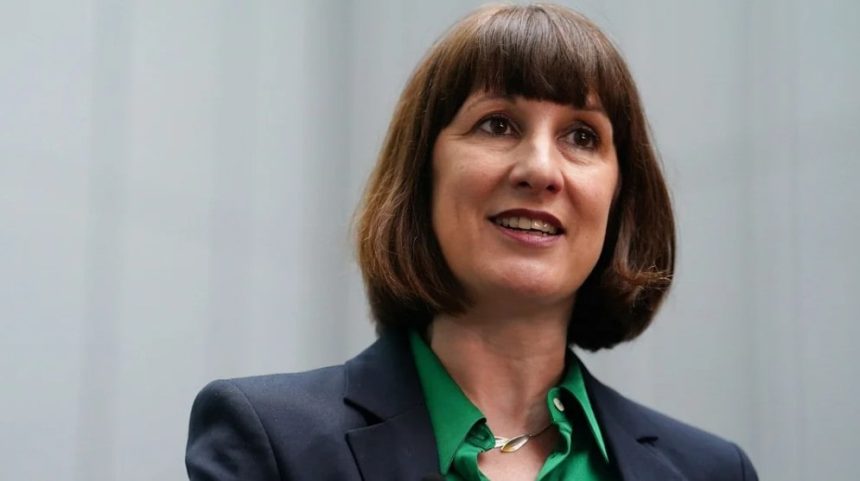The pressure is mounting on Chancellor Rachel Reeves to fully scrap the controversial two-child benefit cap, as a new report warns that partial reforms will still result in a sharp rise in child poverty by the end of the decade.
In a damning analysis from the Resolution Foundation, a think tank closely linked to Labour’s own Treasury team, Reeves is told that anything short of complete abolition will fall short in protecting vulnerable families.
Labour Faces Pressure to Scrap Two-Child Benefit Cap
The report delivers a stark warning: “Fully scrapping the two-child limit on benefits is an essential step towards achieving lower child poverty rates in 2029/30 than in 2024/25. No partial repeal of the policy is sufficient to keep child poverty rates from rising.”
There is growing speculation that Reeves may propose a watered-down reform, possibly lifting the cap to three children rather than removing it altogether. But the think tank’s findings make clear that such a move would still result in rising poverty.
- Full repeal would cost around £3.5bn annually
- Child poverty is forecast to rise to 34% by 2029-30 if no bold action is taken
- That’s nearly 4.8 million children, up from 31% in 2024-25
Experts say that fully lifting the cap could rescue 330,000 children from poverty today and prevent another 150,000 from falling into hardship by 2030.
The proposal to introduce a three-child cap, seen as a compromise, is now at the centre of Labour’s internal battles, as senior figures warn that anything less than full repeal could trigger a significant backlash.
Prominent Labour MPs from across the political spectrum are joining forces to push for a complete end to the policy. Dame Meg Hillier, chair of the Treasury select committee, lent her weight to the campaign, calling it the most efficient and cost-effective solution.
“I’ve crunched the numbers and the surest, fastest, and most cost-effective way to clamp down on child poverty is to abolish the two-child benefit limit,” said Dame Meg.
She stressed that a three-child cap would still leave 166,000 families without support, while other soft-touch reforms, like exemptions for under-fives, would barely touch the problem – helping just 18,700 households.
Former shadow chancellor John McDonnell also joined the chorus of discontent, saying: “Half measures are not acceptable and will alienate even more of our supporters.”
Reeves Caught Between Economics and Morality
The economic backdrop complicates Reeves’s position. With a staggering £40bn black hole in the public finances, and calls for greater fiscal headroom to manage future shocks, a £3.5bn annual spend isn’t easy to justify – even if it’s politically necessary.
Yet former PM Gordon Brown is expected to make a significant intervention next week, throwing his support behind scrapping the cap. His return to the spotlight could add further momentum to the growing rebellion within Labour ranks.
The newly elected deputy leader, Lucy Powell, who won her position on a clear pledge to abolish the cap, has also reinforced the urgency of action.
“We need to be a lot clearer about the urgency and the principles of lifting the two-child benefit cap, because if we want to see the levels of child poverty going down over this parliament,” she said before her confirmation.

According to the report’s lead economist, Alex Clegg: “If the government doesn’t act this parliament, child poverty will reach a new historic high… The most effective way to lift children out of poverty is to fully scrap the two-child limit on benefits.”
The report warns that all alternative measures being floated, from a three-child cap to limited exemptions, would still allow poverty rates to climb to 32% or higher by 2029-30.
Clegg adds: “This bold action alone would save nearly half a million children from growing up in poverty by the end of the decade.”
Political Risks Loom for Labour
The issue is quickly becoming a political flashpoint. After Sir Keir Starmer was forced to shelve previous welfare reform proposals due to fierce internal resistance, there’s a real risk of another parliamentary showdown if Reeves doesn’t go all in.
MP Rachael Maskell, who was suspended for leading a welfare rebellion, put it bluntly: “The injustice of child poverty must be fully confronted with the right fiscal measures… Watering this down will dilute the opportunities of another generation of children.”
Government Stands Firm
A government spokesperson responded by emphasising their broader anti-poverty strategy: “Every child, no matter their background, deserves the best start in life. That’s why our child poverty taskforce will publish an ambitious strategy to tackle the structural and root causes of child poverty.”
Current government plans include:
- £500m investment in Best Start Family Hubs
- Expansion of free school meals
- A new £1bn crisis support package aimed at the poorest households
A Defining Test for Labour’s Moral Compass
As Reeves prepares for the Autumn Budget on 26 November, the decision over the two-child benefit cap may prove a defining moment not just for Labour’s credibility, but for millions of children on the edge of poverty.
The choice is clear. Tinker at the edges, or take bold, decisive action that could reshape lives.
“No other better alternatives in terms of value for money, impact, or efficiency to fight child poverty other than abolishing the two-child benefit limit entirely,” Dame Meg Hillier.
How Reeves responds may well determine the fate of hundreds of thousands of British children.






